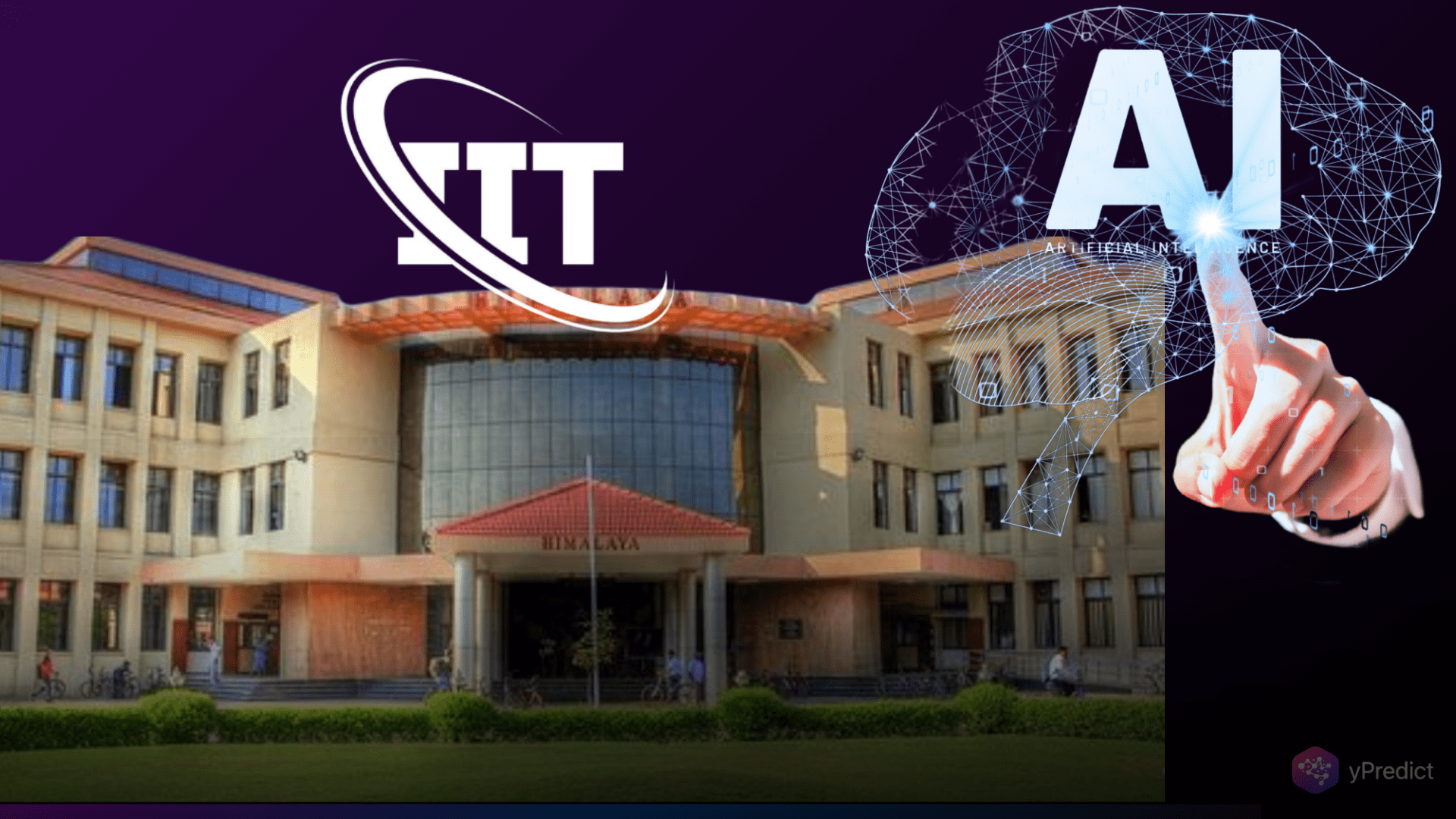
Chennai is now riding high as a critical force in India’s AI future. With 19 data centers, including the recently launched 130 MW AI-ready facility by Sify, and seven undersea cable systems connecting to global networks, the city is developing into a world-class AI ecosystem. Spearheaded by institutions like IIT Madras and driven by government-backed infrastructure growth, Chennai is turning into the country’s AI innovation corridor.
Chennai’s Digital Core Sparks AI Transformation
Chennai now ranks second in India in operational data center capacity, only behind Mumbai, due to its 88 MW baseline as of June last year. It is further strengthened by large-scale deployments from CtrlS and Sify. Chennai’s geographical advantage as a coastal city has made it a preferred hub for undersea cable landings. This is giving it exceptional data transfer speeds and low latency.
The international data gateways are complemented by on-site cable landing stations from industry giants like Bharti Airtel, NTT Data, and Tata Communications. This expanding digital foundation is backed by strong industrial and academic synergy.
Tamil Nadu has over 250 Global Capability Centers (GCCs) and employs 15% of India’s IT workforce. As Chennai builds its presence as the SaaS capital, this thriving tech landscape supports a self-sustaining AI ecosystem. It is crucial for long-term growth in the AI future.
How Is Chennai Building AI-Ready Systems Fast?
The launch of Sify’s Chennai 02 facility with over 130 MW capacity marks a bold step in strengthening AI-ready infrastructure. With the ability to handle 4 petabytes per second, this facility is among the country’s most advanced. Last year, Sify became the first to receive NVIDIA’s DGX-ready certification for liquid-cooled AI data centers. It is validating its ability to run intensive AI workloads.
Adding to this, platforms like Sify Cloudinfinit +AI offer GPU-as-a-service, enabling businesses and government bodies to process compute-heavy tasks efficiently. E2E Cloud’s recent deployment of two large GPU clusters further enhances the city’s capability to host deep learning and AI projects. These high-performance clusters support India’s growing AI demands, keeping AI-ready infrastructure ahead of the curve.
On the research front, IIT Madras plays a pivotal role. With centers like the Wadhwani School of AI and partnerships such as CoAIR with Ziroh Labs, IIT-M is pioneering low-resource, CPU-optimized AI models for scalable deployment. Initiatives like IndicTrans3-beta and BhasaAnuvaad are advancing language AI across Indian languages. It is truly aligned with the vision of inclusive, localized tech under the India AI future.
Chennai’s Vision Set for the AI Future
JLL research forecasts Chennai’s data center capacity will double within a year, and Mordor Intelligence projects over 551 MW capacity by 2030. With seven active undersea cables and three more under construction, Chennai’s data backbone is only growing stronger. These advancements form the core of its strategy to lead the AI future.
The Tamil Nadu government is also fueling this momentum with its 2021 Data Center Policy. It is offering tax breaks, subsidies, and land cost reductions for new data center projects. These initiatives are creating Chennai’s long-term position as an AI ecosystem leader.
Bottom Line: Can Chennai Lead India’s AI Race?
As India pushes towards creating frontier models and scaling its India AI future, Chennai has emerged as a strong pillar. With strategic investments, cutting-edge AI-ready infrastructure, and the academic might of IIT-M, the city is all set to lead in the IndiaAI mission. In the coming years, Chennai will support and drive the AI applications.






